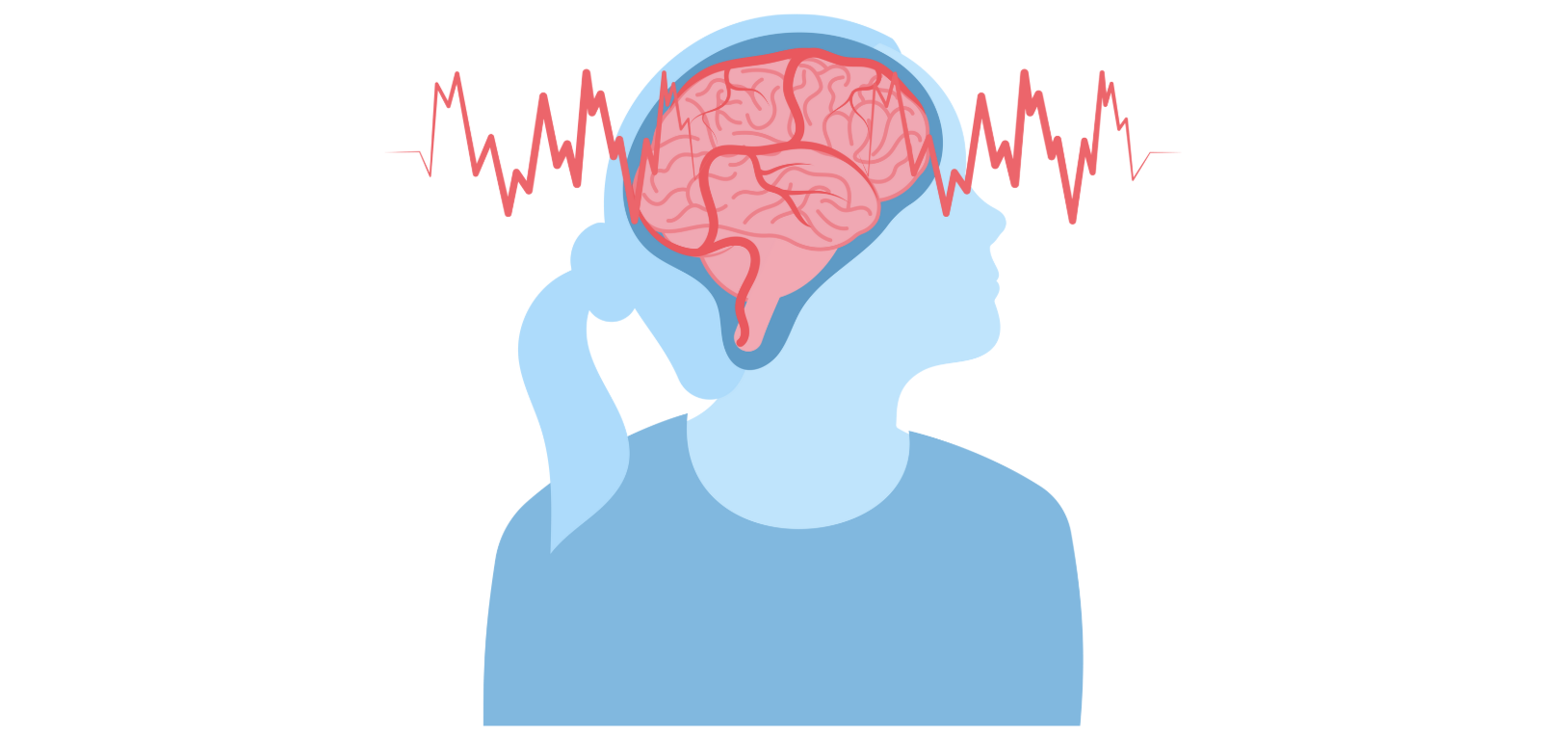Why Brainwaves Are So Important to Your Mental Health (And How to Work With Them)
If you’ve ever read about hypnosis, meditation, or even sleep hacks, you’ve probably come across the term brainwaves. But what are brainwaves, really? And why are they so important to your mental health, stress levels, and ability to feel calm, focused, or creative?
Here’s what you need to know about how your brain’s electrical rhythms shape your moods — and how you can work with them instead of fighting against them.
What Are Brainwaves?
Your brain is an electrical organ. Billions of neurons communicate through tiny electrical impulses — and when groups of neurons fire together, they create rhythmic patterns called brainwaves.
Brainwaves are measured in Hertz (Hz) — the number of cycles per second. Different brainwave frequencies match different states of mind and levels of consciousness.
The Five Main Brainwave States
Here’s a quick breakdown of the major brainwave categories and what they mean for your mind:
1. Delta Waves (0.5–3 Hz)
Deepest sleep stage
Essential for physical healing and immune function
Dominant in babies and very young children
2. Theta Waves (4–7 Hz)
Deep relaxation, light sleep, dreams
Dominant during the drifting-off stage and deep meditation
Supports intuition and creativity
3. Alpha Waves (8–12 Hz)
Calm, relaxed but awake
Often seen when you’re daydreaming, meditating, or taking a quiet walk
Ideal for stress relief and a balanced mood
4. Beta Waves (13–30 Hz)
Normal waking state
Focus, alertness, problem-solving
Too much beta can mean stress, racing thoughts, and anxiety
5. Gamma Waves (30–100 Hz)
Fastest waves — linked to high-level thinking, insight, learning, and peak focus
Also seen during moments of deep spiritual connection or flow states
Why Brainwaves Matter for Mental Health
Your mental and emotional state is closely tied to which brainwave pattern dominates at any moment.
Too much high-frequency beta? You may feel stressed, anxious, or wired.
Too little alpha or theta? You may struggle to relax or fall asleep.
Not enough delta? You’re likely to feel exhausted, foggy, or prone to illness.
Modern life pushes many people into overdrive — stuck in constant beta with few breaks for alpha, theta, or delta recovery. This can lead to burnout, insomnia, chronic stress, and even mood disorders.
Learning to work with your brainwaves helps your nervous system reset. This is why techniques like meditation, hypnosis, breathwork, and sound therapy are so powerful — they slow your brainwaves and guide you back to natural rhythms that support rest and healing.
How Can You Influence Your Brainwaves?
The good news is you don’t need fancy machines to shift your brainwaves — your mind already knows how to do it. Here are proven ways to help:
1. Meditation and Mindfulness
Research shows regular meditation boosts alpha and theta waves, reducing anxiety and improving emotional balance.
2. Hypnosis and Deep Relaxation
Guided hypnosis helps your mind ease out of busy beta and into alpha and theta, where your subconscious is more open to positive change.
3. Binaural Beats and Soundscapes
Listening to binaural beats or specialized soundscapes can help “entrain” your brainwaves — gently nudging them toward the desired frequency, like alpha for calm or theta for deep creativity. This is one reason burble’s sessions use soundscapes to help users sink into a focused, receptive state.
4. Breathwork and Yoga
Breathing techniques and mindful movement naturally reduce beta activity and boost alpha/theta states — helping your body and mind synchronize for relaxation.
5. Quality Sleep
Good sleep is when your brain naturally produces healthy amounts of delta waves, which are vital for repairing the body and clearing out mental clutter.
Why This Matters Now More Than Ever
In a world of constant notifications, multitasking, and digital distractions, our brains are stuck in high beta more than ever. It’s no wonder anxiety, burnout, and sleep problems are on the rise.
Understanding brainwaves isn’t just “nice to know” — it’s a roadmap for better mental health. When you know how to guide your brain into slower, restorative states, you unlock better sleep, better focus, better mood — and real, lasting change.
Final Takeaway
Your brainwaves are the hidden rhythm behind every thought, mood, and behavior. Learning to tune them intentionally is like learning to tune an instrument — the right frequency creates harmony, calm, and clarity.
This is exactly why tools like burble exist: to help you shift your brain’s patterns naturally and easily, so you can break stress cycles and build a mind that works with you, not against you.
With burble, you can access science-backed sessions and calming soundscapes designed to help your mind shift naturally into the brainwave states you need — for better sleep, less stress, and real, lasting change.
Try burble today and start tuning your mind to work for you.

